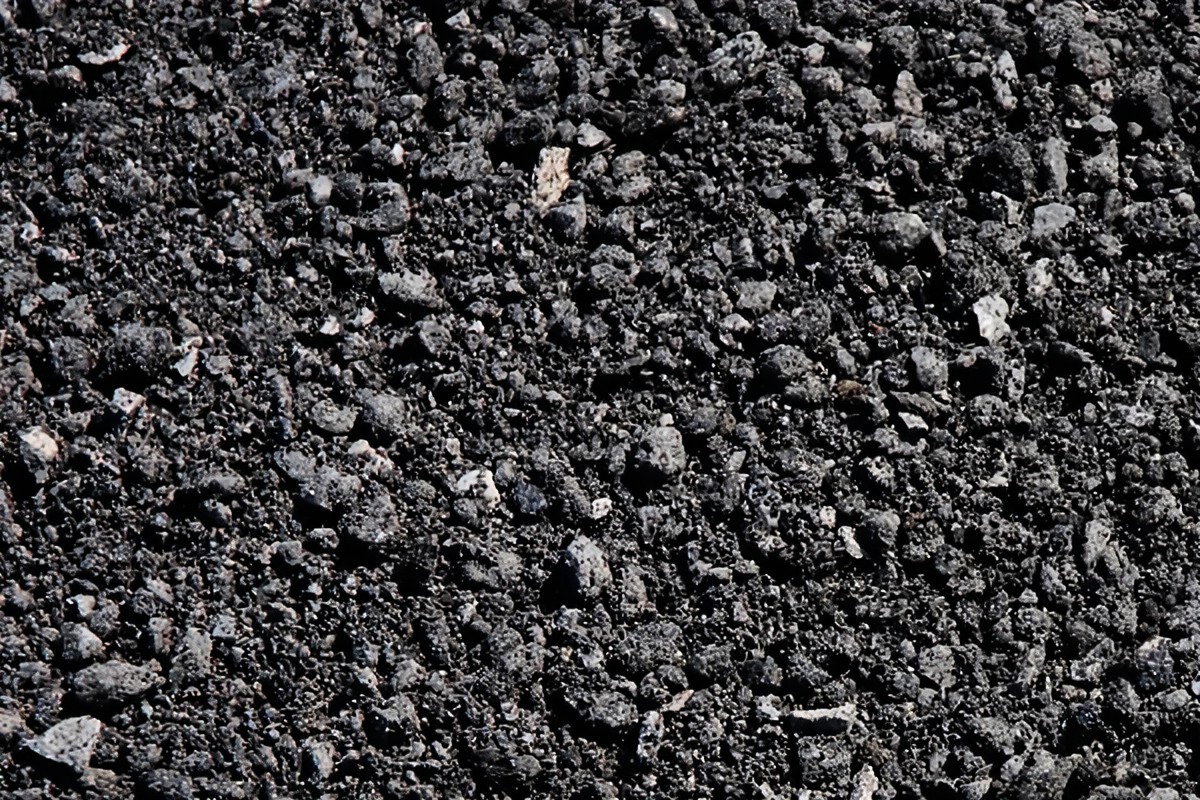Checking Out the Environmental Advantages of Warm Mix Asphalt
The utilization of Warm Mix Asphalt in framework jobs presents an engaging case for sustainable development and ecological stewardship. By delving into the detailed information of its production procedures and the innovative use recycled products, a much deeper understanding emerges of just how this modern technology goes beyond simple surface applications. The environmental advantages of Warm Mix Asphalt prolong much past preliminary impacts, providing a nuanced point of view on just how this product can lead the way for a greener future.

Decreased Greenhouse Gas Emissions
The production procedure of Hot Mix Asphalt involves heating the mixture of accumulation and asphalt binder to high temperatures. By including redeemed asphalt sidewalk and recycled asphalt roof shingles right into the mix, the requirement for virgin materials is reduced, leading to energy financial savings and lowered exhausts connected with removal and handling.
Studies have shown that Warm Mix Asphalt sidewalks have a smaller sized carbon impact over their life process compared to various other pavement options. The toughness and recyclability of Hot Mix Asphalt additionally boost its ecological benefits by decreasing the need for regular upkeep or substitute, consequently preserving sources and reducing emissions associated with repair activities.
Power Effectiveness and Conservation
The production procedure of Hot Mix Asphalt not just reduces greenhouse gas discharges but also adds considerably to energy effectiveness and preservation initiatives. Power performance is a key advantage of Warm Mix Asphalt production contrasted to various other pavement types. The toughness of Warm Mix Asphalt decreases the frequency of upkeep and reconstruction, leading to long-term energy savings.
Lasting Pavement Solutions

One trick aspect of lasting pavement solutions is using recycled materials such as recovered asphalt pavement (RAP) and recycled asphalt shingles (RAS) By integrating these products right into the asphalt mixes, the need for virgin sources is lowered, causing lower energy consumption and greenhouse gas emissions during manufacturing. In addition, the reuse of these products helps draw away waste from landfills, contributing to a much more circular and lasting economic situation.
In addition, lasting sidewalk services concentrate on enhancing pavement design to enhance performance and longevity. Methods such as cozy mix asphalt (WMA) and stone mastic asphalt (SMA) enhance the resilience and strength of pavements, minimizing the need for frequent repairs and substitutes. By implementing these innovative methods, framework developers can develop pavements that not just satisfy high-performance requirements yet also minimize their ecological impact.
Minimized Environmental Impact
With a concentrate on sustainability and eco-conscious practices, pavement solutions are developed to lessen the environmental impact of building and construction and upkeep processes. Hot mix asphalt, in particular, supplies a number of benefits that contribute to lowering the total ecological footprint of roadway facilities. One essential aspect is the recyclability of asphalt, which can be reused numerous times without jeopardizing its high quality. This particular helps in saving natural sources and lowering the quantity of waste sent to land fills.
Moreover, the production of warm mix asphalt sends out lower levels of greenhouse gases contrasted to various other sidewalk materials, making it a more eco pleasant choice. The energy efficiency of asphalt plants has actually additionally improved for many years, bring about lowered fuel intake and lower discharges. Furthermore, the smooth surface area of warm mix asphalt lowers rolling resistance for vehicles, causing lower gas consumption and reduced air contamination from lorry emissions.
Contribution to Climate Adjustment Mitigation
Warm mix asphalt plays an important role in mitigating climate adjustment through its lasting buildings and minimized ecological influence. One significant payment to environment change mitigation comes from the energy performance of warm mix asphalt manufacturing. Contrasted to various other sidewalk options, the manufacturing process for warm mix asphalt eats less energy and gives off reduced degrees of greenhouse gases, hence decreasing its general carbon impact.
In addition, warm mix asphalt's get redirected here ability to reflect sunlight, called here albedo, assists in minimizing urban heat island effects. By reducing heat absorption and retention, hot mix asphalt sidewalks can lower the demand for air conditioning in city areas, as a result decreasing greenhouse gas discharges connected with energy intake for cooling down purposes.
In addition, the sturdiness and recyclability of warm mix asphalt even more improve its climate modification reduction capabilities. Regrading. The long lifespan of asphalt sidewalks reduces the need for regular repair work or replacements, eventually decreasing the carbon exhausts connected to roadway maintenance tasks. Additionally, the recyclability of asphalt materials minimizes the need for virgin sources and reduces the environmental impact of sidewalk construction, lining up with sustainable techniques for climate modification mitigation.
Verdict
Finally, the environmental benefits of Hot Mix Asphalt show its significant payment to lowering greenhouse gas emissions, saving energy, and lessening environmental effect. This sustainable pavement solution straightens with environment modification mitigation efforts, promotes resource preservation, and boosts facilities growth. By using recycled products, energy-efficient production processes, and resilient style, Warm Mix Asphalt plays an important role in cultivating a much more eco-friendly strategy to framework building.
The production procedure of Warm Mix Asphalt entails heating up the mix of accumulation and asphalt binder to high temperature levels. By incorporating recovered asphalt pavement and recycled asphalt tiles into the mix, the requirement for virgin materials is decreased, leading to energy savings and lowered discharges connected with removal and handling.
One secret element of lasting pavement options is the use of recycled materials such as reclaimed asphalt sidewalk (RAP) and recycled asphalt shingles (RAS) Techniques such as warm mix asphalt (WMA) and rock mastic asphalt (SMA) improve the longevity and resilience of pavements, reducing the requirement for frequent fixings and substitutes. Compared to various other pavement alternatives, like this the manufacturing procedure for hot mix asphalt eats less power and discharges lower levels of greenhouse gases, therefore reducing its overall carbon footprint.